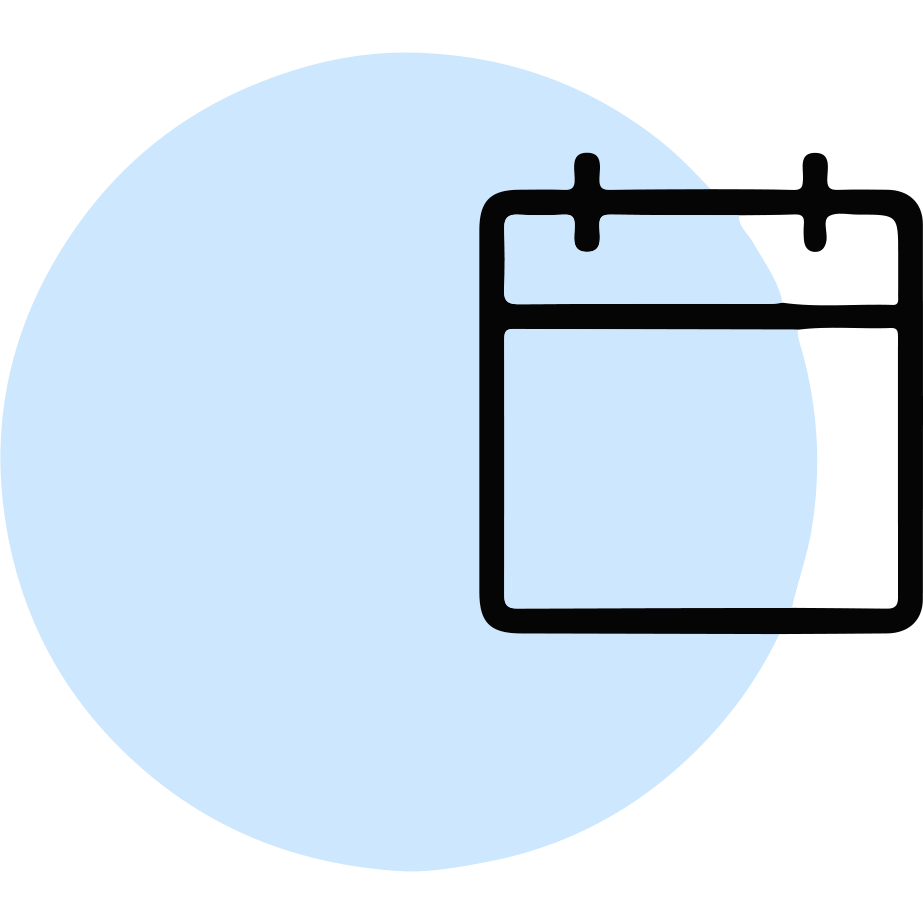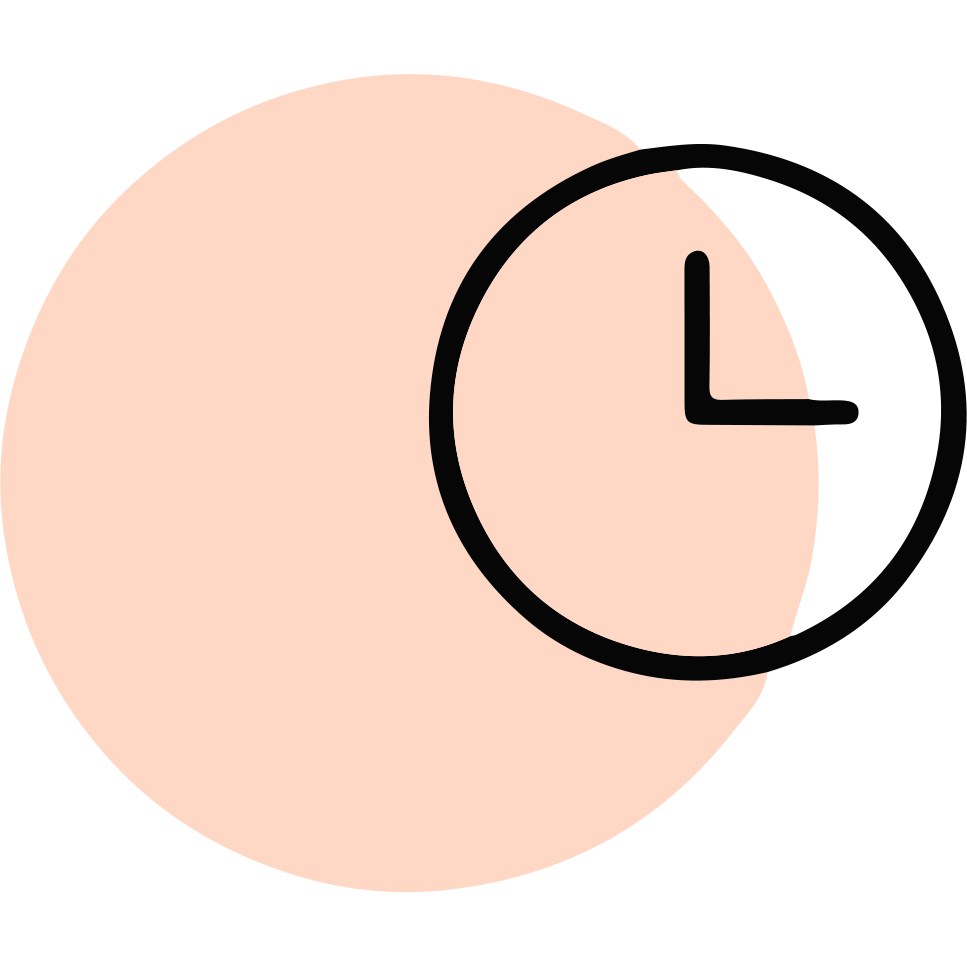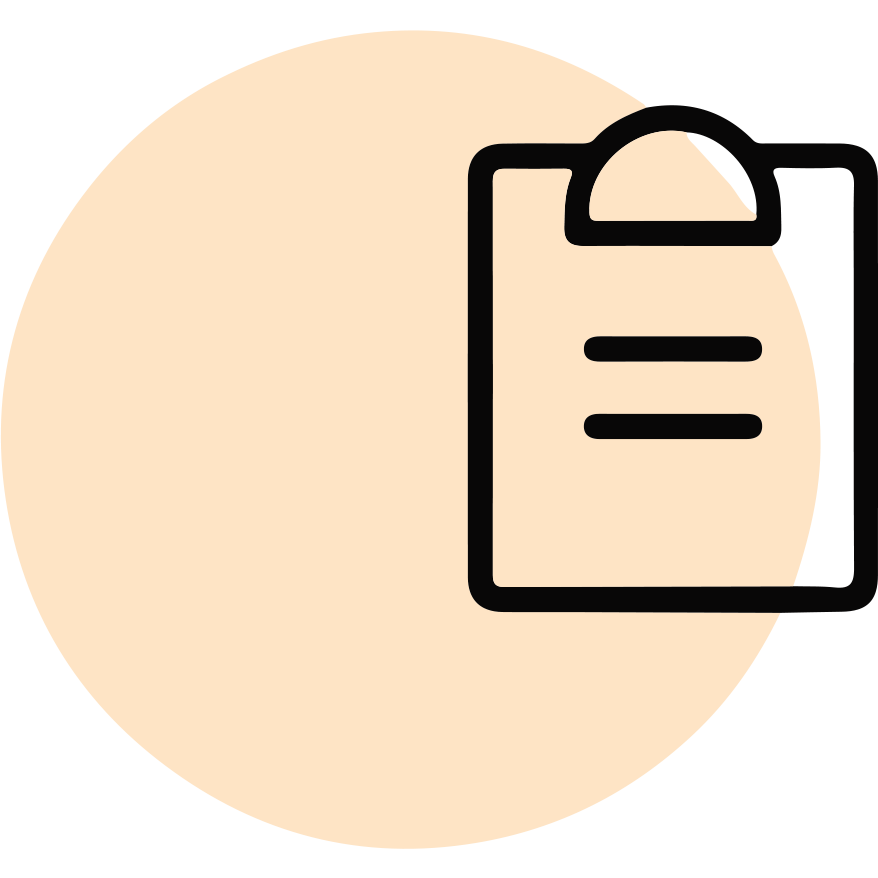Sleep Medicine
Our sleep specialists are committed to helping our patients get the sleep and rest they deserve. With our one-on-one treatment plans, we work with each of our patients to discuss the lifestyle factors that may affect their sleep, such as medical diseases or conditions. Whether it’s an overnight sleep study or help with a CPAP machine, our experts are here to help our patients start feeling more refreshed after a good night’s sleep.
Conditions We Treat
- Central sleep apnea
- Complex sleep apnea
- Delayed sleep phase
- Insomnia
- Jet lag disorder
- Narcolepsy
- Night leg cramps
- Night terrors
- Nightmare disorder
- Obstructive sleep apnea
- Restless legs syndrome (RLS)
- Sleepwalking
- Snoring
- Teeth grinding
Services We Offer
- Alternative sleep apnea treatments when appropriate
- Bilevel positive airway pressure (BiPAP or BPAP) therapy
- Continuous positive airway pressure (CPAP) therapy
- Home sleep apnea test
- Hypoglossal nerve stimulation therapy evaluation
- In-lab sleep apnea testing
- Non-invasive ventilation
Overnight Sleep Studies
We accommodate overnight sleep studies in a comfortable and relaxing environment for our patients–our American Academy of Sleep Medicine (AASM) accredited sleep lab. While our patient rests, sleep specialists monitor a variety of functions including heart activity, breathing, body movements, and sleep patterns to diagnose what may be interrupting normal sleep cycles. We commonly use overnight sleep studies to help diagnose insomnia, narcolepsy, and sleep apnea.
Once our team makes a diagnosis, our board-certified specialists work with you to develop a personalized treatment plan. For those having a sleep study and/or those receiving CPAP treatment, check out our Sleep Lab FAQ in the Patient Resources section below.
Sleep Apnea Support Group
The sleep apnea support group meets on the third Tuesday of each month. Meetings are held at the Broughton Health Center (210 North 7th Street Marietta, Ohio) from 5:30 – 7 p.m.
Why Choose Us
Committed to Solving Our Patients’ Sleep Issues
Our providers truly want to help patients sleep better and are willing to meet with our patients as much as necessary to ensure they are comfortable with their treatment plan. We also have respiratory therapists on staff to assist with breathing issues that may arise.
Compassionate Patient-Centered Care
We focus on providing patient- and family-centered care. Our sleep medicine team takes the time to get to know each patient, their complete health situation, and their treatment goals. We involve patients at each step of the care process, and always keep them informed of what’s happening with their health care plan.
Coordinated Care with Specialty Providers
When needed, our sleep medicine team can coordinate care with other specialty providers across the Memorial Health System network. We work to streamline each patient’s care so they can focus on getting well, instead of spending lots of time coordinating medical appointments and specialists.
Patient Resources
Sleep Lab FAQ
What do I need to bring to my sleep study?
Please bring the following items with you the day of your sleep study:
- Glucometer, if you have diabetes
- List of all medications you currently take
- Loose fitting clothing, preferably two-piece pajamas
- Medications you will need to take before bed or in the morning
Also, please be sure that your hair and skin are free of lotion, gel, hairspray, or makeup before you come for your sleep study.
What are you monitoring during my study?
During your sleep study we monitor the following:
- Brain waves
- Breathing problems
- Heart rate
- Leg movement
- Oxygen levels
What happens during my sleep study?
A technician will greet you upon arrival. You will be asked to fill out a few questionnaires. You will have several sensors attached to your body to help the technician observe you during the night. Don’t worry; you may get up at any time to use the restroom.
What if I can’t sleep?
It may seem impossible to sleep with sensors attached to you, but most everyone sleeps enough to facilitate a diagnosis.
What happens after my test?
The technician will remove all the sensors in the morning. You may shower at the lab if you wish. Your sleep physician will review the entire sleep test and contact you with the results of your sleep study. You will be ready to leave around 6:15 a.m.
How do you treat sleep apnea?
There are multiple treatment options including CPAP/BiPAP, oral appliances, conservative management, as well as surgical options. We will work with you to find the correct treatment plan.
Are there different types of PAP therapy?
Yes. There are a few different types of PAP therapy. Continuous positive airway pressure (CPAP) provides a constant pressure during the night. Most patients will utilize this type of therapy. Patients that are unable to tolerate CPAP may try bi-level positive airway pressure, which provides alternating pressures throughout the night and will benefit patients in need of higher pressures.
What is CPAP?
Studies have shown that CPAP therapy helps people with obstructive sleep apnea (OSA) live longer. CPAP therapy provides air pressure to you through a mask that you wear while you’re sleeping. This air pressure holds open the airway to allow you to sleep without airway blockage. Do not be discouraged if you do not feel the results right away. It can take several weeks to feel the full benefits. If after a month you still are not feeling the benefits, talk to your provider at your follow-up appointment to discuss possible causes.
What are the benefits of PAP therapy?
- Boosts energy levels
- Improves memory
- Improves mood
- Reduces daytime sleepiness
- Stabilizes blood pressure
What if I cannot tolerate the mask?
We have several masks to choose from, your technician will help you with this. You will need a mask that is comfortable, yet seals properly. We understand that wearing a mask to sleep can be challenging on some people. Different styles of masks include ones that cover just the nose and mouth, as well as ones that just sit inside the nose. Wearing a mask can take some adjustment, but it will get easier with time.
Locations
-
210 North 7th Street, Suite 100
Marietta, Ohio


 (740) 568-5310
(740) 568-5310 Get Directions
Get Directions




